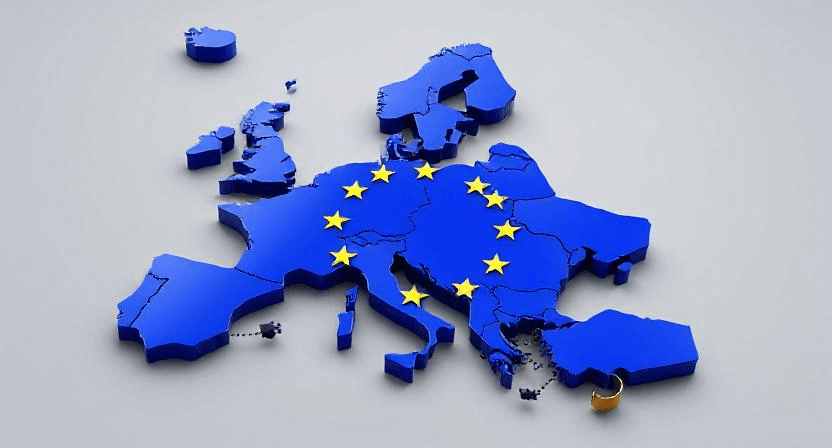Parallel Imports and the Exhaustion of Trademark Rights: Does Reselling Genuine Products Within the EU Constitute Infringement?

The principle of trademark exhaustion, also known as the "first sale doctrine," is a cornerstone of intellectual property law that balances the rights of trademark owners with the free movement of goods. In the European Union (EU), this principle plays a critical role in determining whether the resale of genuine products, particularly through parallel imports, constitutes trademark infringement. This article explores the concept of trademark exhaustion within the EU and examines whether the resale of genuine products within the EU can be considered an infringement of trademark rights.
Understanding Trademark Exhaustion
Trademark exhaustion refers to the idea that once a trademark owner has placed a genuine product on the market, either directly or through authorized distributors, their control over the further distribution of that product is "exhausted." This means that the trademark owner cannot use their trademark rights to prevent the resale or redistribution of those goods. The rationale behind this principle is to promote free trade and prevent trademark owners from segmenting markets or controlling prices beyond the first sale.
In the EU, trademark exhaustion is governed by the Trademark Directive (2015/2436) and the Community Trademark Regulation (2017/1001), which establish that trademark rights are exhausted once goods bearing the trademark are put on the market within the European Economic Area (EEA) by the trademark owner or with their consent.
Parallel Imports in the EU
Parallel imports occur when genuine products are imported into a country or region without the authorization of the trademark owner, often to take advantage of price differences between markets. For example, a product sold at a lower price in one EU member state might be purchased and resold in another member state where the price is higher. This practice is legal under the principle of trademark exhaustion, provided that the goods were first placed on the market within the EEA by the trademark owner or with their consent.
The EU's commitment to the free movement of goods, as enshrined in the Treaty on the Functioning of the European Union (TFEU), supports the legality of parallel imports within the EEA. The European Court of Justice (ECJ) has consistently ruled that once goods are placed on the market in the EEA, the trademark owner cannot oppose their further commercialization within the EU, even if the goods are resold through parallel trade channels.
Does Reselling Genuine Products Within the EU Constitute Infringement?
Under the principle of trademark exhaustion, the resale of genuine products within the EU does not constitute trademark infringement, provided that the goods were first placed on the market within the EEA by the trademark owner or with their consent. This applies even if the resale occurs through parallel import channels. The ECJ has clarified that trademark owners cannot use their rights to prevent the free movement of goods within the EU, as this would undermine the single market.
However, there are exceptions to this rule. For example, if the condition of the goods has been changed or impaired after they were first placed on the market, the trademark owner may have grounds to oppose their further commercialization. Additionally, if the goods were initially placed on the market outside the EEA, the principle of EU-wide exhaustion does not apply, and the trademark owner may be able to prevent their importation into the EU.
Practical Implications for Businesses
For businesses engaged in parallel trade within the EU, the principle of trademark exhaustion provides legal certainty and facilitates cross-border commerce. However, it is essential to ensure that the goods being resold are genuine and were first placed on the market within the EEA by the trademark owner or with their consent. Failure to do so could result in claims of trademark infringement.
Trademark owners, on the other hand, must carefully manage their distribution networks to avoid unintended exhaustion of their rights. For instance, if a trademark owner sells goods to a distributor outside the EEA, they may retain the right to prevent those goods from being imported into the EU, as the principle of exhaustion only applies to goods first placed on the market within the EEA.
Conclusion
The principle of trademark exhaustion is a fundamental aspect of EU intellectual property law that supports the free movement of goods within the single market. Reselling genuine products within the EU, including through parallel imports, does not constitute trademark infringement, provided that the goods were first placed on the market within the EEA by the trademark owner or with their consent. While this principle promotes competition and consumer choice, businesses must remain vigilant to ensure compliance with the legal framework governing trademark rights in the EU.
Share this page
